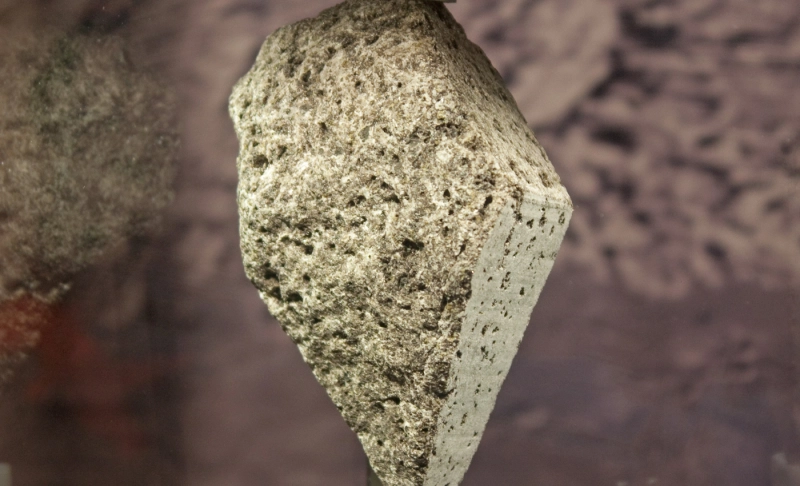By: Laura Vitelli
February 4 2022
False: Lake Natron in Tanzania turns every animal that touches it to stone.

The Verdict False
Lake Natron is home to a thriving ecosystem, and its waters' alkalinity preserves the remains of animals that die in or near it.
Lake Natron is home to a thriving ecosystem, and its waters' alkalinity preserves the remains of animals that die in or near it. For around a decade now, striking images of calcified animal remains on Lake Natron in Tanzania taken by the photographer Nick Brandt have circulated through social media, often featuring alongside eye-grabbing headlines describing it as a lake that turns living animals to stone. However, this is a little misleading. Lake Natron is indeed hostile to wildlife that hasn't adapted to its highly alkaline water, which at a pH of 10.5 would burn the skin and eyes of any human foolhardy enough to take a swim. The lake's alkalinity comes from the minerals flowing into the lake from the hills surrounding it, particularly sodium carbonate. But contrary to the clickbait headlines, Lake Natron doesn't instantly kill the creatures that regularly come into contact with it. Lake Natron in fact contains a thriving ecosystem of freshwater wetlands and salt marshes, home to the animals pictured in Brandt's photography. Instead, the lake's high sodium carbonate content acts as a preservative for the animals unfortunate enough to die in its waters. Sodium carbonate was once used in Egyptian mummification processes for this very reason. Further detail about the photos can be found in Brandt's book "Across the Ravaged Land" published in 2013.


